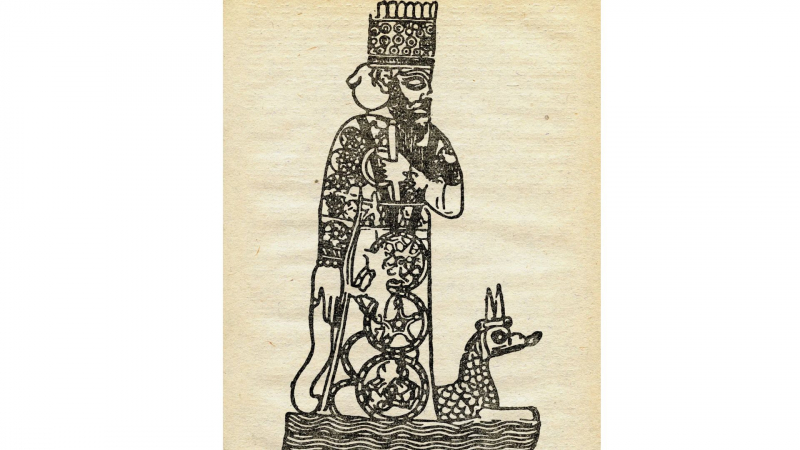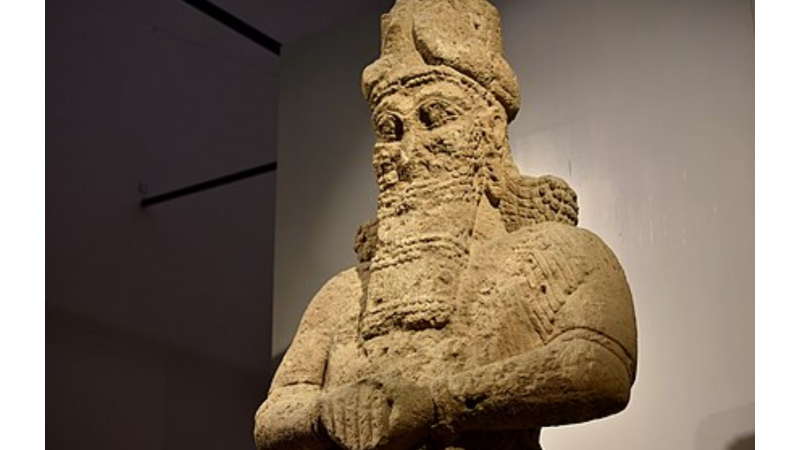Marduk: King of the Gods
Marduk is thought by scholars to have first manifested as an agricultural god who was venerated as the protector of the city of Babylon. Marduk rose to prominence in the Mesopotamian pantheon when the Babylonian Empire expanded as a regional political force.
Marduk evolved into several other gods over time, including An and Enlil, before emerging as one of the most significant and potent gods in Mesopotamian history. When he was most revered, Marduk was regarded as the supreme ruler who oversaw everything "in heaven and earth," the king of the gods. As a result of his victory over the goddess Tiamat and her army of primordial chaos, Marduk was also credited with contributing to the creation of the universe and establishing order in the material world. Marduk, however, was seen as a god of both creation and destruction because one of his principal responsibilities was to keep the universe in balance. Marduk was essential to the cosmology of later Mesopotamians because he was a god who contributed to the creation of the universe and brought order to the natural world. Marduk, who was a god of both creation and destruction, was also connected to actual tragedies, such natural disasters. These characteristics of Marduk, along with his supreme authority, would have probably given the Mesopotamians the impression that he had an all-pervasive influence.
Marduk was also significant to the political system of Babylonian Mesopotamia due to his standing as a supreme god. Every monarch of the Babylonian Empire had to obtain Marduk's blessing through a rite in which they gripped Marduk's statue's hands in order to be recognized as a ruler. The Babylonians were so reliant on Marduk that when one of his statues was removed from the city during a war, they were unable to carry out their religious rites until it was brought back.








